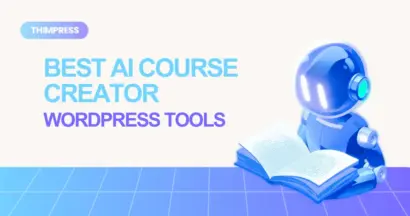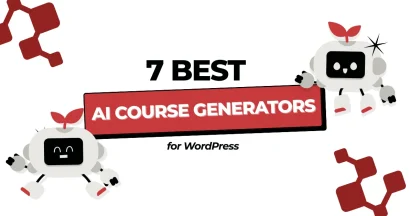Have you ever felt frustrated with traditional search engines? You type in a query and get a list of links, forcing you to click and hunt for the information you need.
Announced in July 2024, SearchGPT is OpenAI’s answer to this problem. It’s an AI-powered search engine designed to provide direct, informative answers to your questions, blending search with the conversational power of large language models. As one of the most anticipated generative AI tools, it’s poised to change how we find information online.
Let’s explore everything you should know about SearchGPT in this blog post!
Eduma – Education WordPress Theme
We provide an amazing WordPress theme with fast and responsive designs. Let’s find out!
What is SearchGPT?

SearchGPT is an innovative AI-powered search engine developed by OpenAI, designed to revolutionize how users interact with information online. Officially announced on July 26, 2024, this tool combines the strengths of traditional search engines with the advanced conversational capabilities of OpenAI’s GPT models.
Unlike conventional search engines that often return a long list of links, SearchGPT aims to provide users with direct, context-aware answers in real time, enhancing the overall search experience.
As a prototype currently available to a limited group of users, SearchGPT is positioned as a potential competitor to established giants like Google. It is particularly appealing to digital marketers and users seeking nuanced insights into consumer behavior.
Key Features of SearchGPT
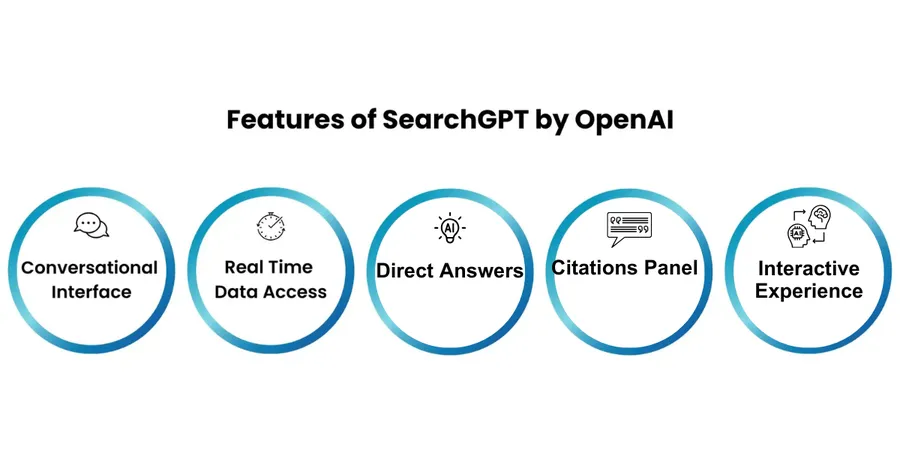
SearchGPT is designed with several key features that set it apart from traditional search engines:
- Conversational Interface: Users can engage with SearchGPT in a natural, dialogue-like manner. This allows for a more intuitive search experience where follow-up questions can be asked seamlessly.
- Direct Answers: Unlike traditional search engines that return a list of links, SearchGPT provides concise answers to queries, summarizing information in an easily digestible format.
- Citations Panel: Each response includes clear citations and links to the original sources, allowing users to verify information and explore further.
- Real-Time Data Access: By leveraging real-time web data, SearchGPT eliminates the knowledge cutoff limitations found in earlier models like ChatGPT. This ensures that users receive the most current information available.
- Interactive Experience: The ability to ask follow-up questions creates an interactive environment where users can delve deeper into topics without starting anew.
These features collectively enhance the way users search for and consume information online, making it not only more efficient but also more engaging.
Key Benefits of Using OpenAI SearchGPT
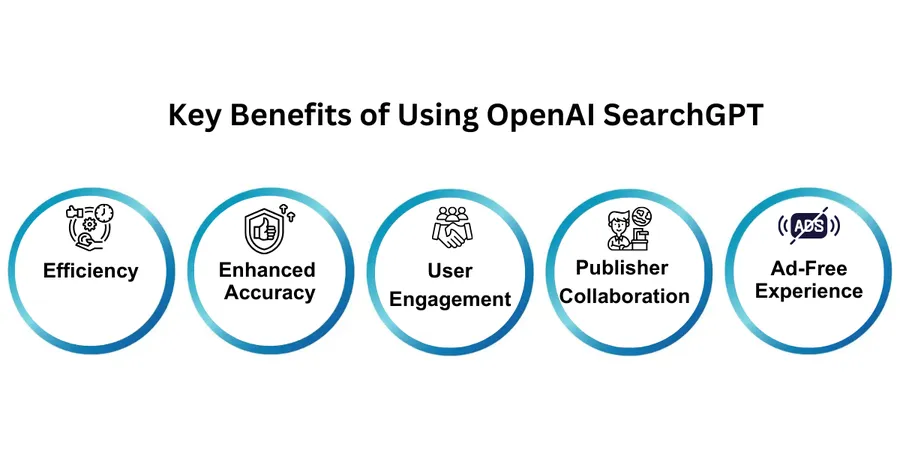
The benefits of utilizing SearchGPT extend beyond its innovative features:
- Efficiency: Users can obtain quick answers without sifting through multiple links, saving time and effort.
- Enhanced Accuracy: By sourcing real-time data and providing citations, SearchGPT improves the reliability of information compared to traditional search methods.
- User Engagement: The conversational nature encourages deeper exploration of topics, fostering a more engaging user experience.
- Publisher Collaboration: OpenAI has partnered with various publishers to ensure high-quality content is highlighted in search results. This collaboration benefits both users seeking reliable information and publishers looking to reach wider audiences.
- Ad-Free Experience: Unlike many traditional search engines that are cluttered with advertisements, SearchGPT offers an ad-free environment, allowing users to focus solely on the information they seek.
How Does SearchGPT Work?
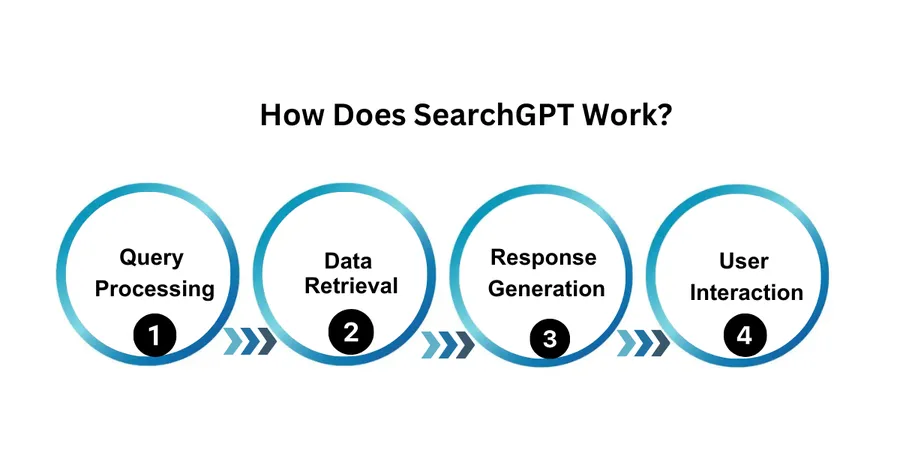
SearchGPT operates on advanced AI technology that combines natural language processing (NLP) with real-time data retrieval. Here’s a simplified breakdown of how it functions:
- Query Processing: When a user inputs a query, SearchGPT uses NLP to understand the context and intent behind the question.
- Data Retrieval: The system retrieves relevant content from across the web using techniques similar to retrieval augmented generation (RAG), which enhances accuracy by integrating trusted sources into responses.
- Response Generation: Based on the retrieved data, SearchGPT formulates direct answers and provides summaries while ensuring proper attribution to sources.
- User Interaction: Users can engage further by asking follow-up questions, allowing for a dynamic conversation that builds upon previous responses.
This sophisticated interplay between AI technology and real-time data access allows SearchGPT to deliver timely and contextually relevant answers.
How SearchGPT Differs from Traditional Search Engines
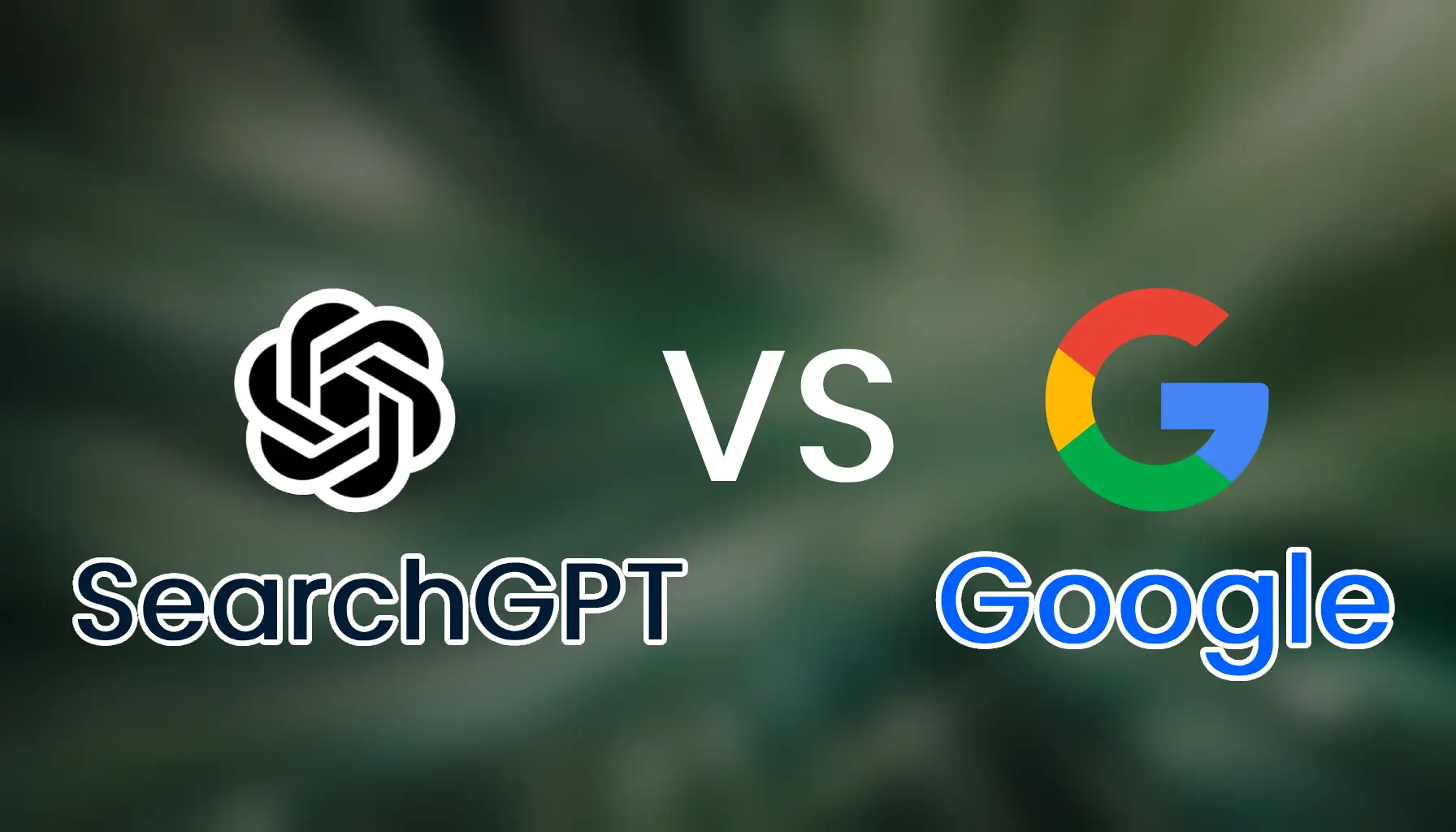
To better understand how SearchGPT stands out in the crowded field of digital search tools, here’s a comparison table highlighting its differences from traditional search engines:
| Feature | Traditional Search Engines | SearchGPT |
| Type of Answers | Links to sources | Direct answers with summaries |
| Source Attribution | Less transparency | Clear citations and links |
| User Interaction | Keyword-based | Conversational |
| Ad Presence | Includes ads | Ad-free |
| Real-Time Data | Knowledge cutoff | Real-time updating |
This table illustrates how SearchGPT not only enhances the user experience but also addresses some of the common limitations associated with traditional search engines.
The Impact on Digital Marketing and SEO
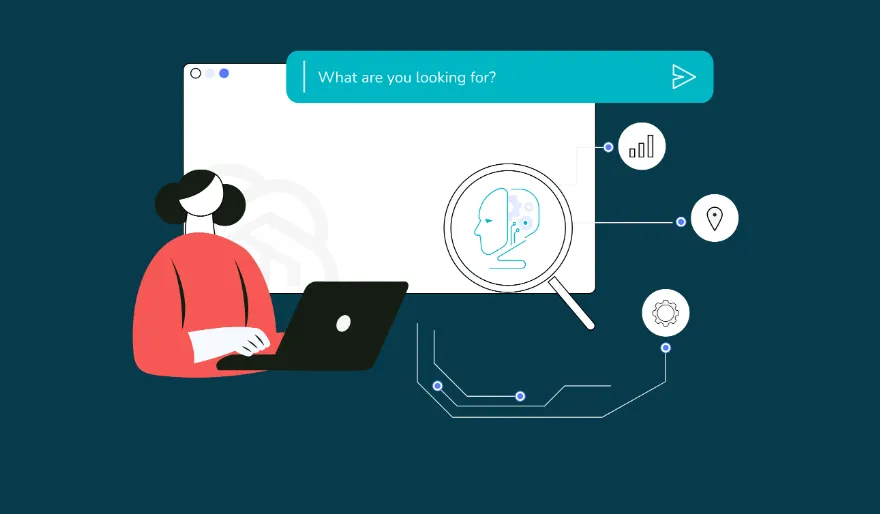
SearchGPT’s emergence has significant implications for digital marketers and SEO specialists:
- Shifting Focus to Quality Content: With AI capable of understanding context, content creators must prioritize high-quality, informative, and engaging content.
- The Rise of Conversational SEO: Optimizing content for conversational queries will become increasingly important.
- Enhanced User Experience: SearchGPT’s interactive nature can lead to a more personalized and satisfying user experience, influencing consumer behavior.
- New Opportunities for Brands: Brands can leverage SearchGPT to provide direct answers to customer queries, improving brand reputation and customer satisfaction.
- Ethical Considerations in AI: As AI becomes more sophisticated, ethical guidelines and responsible AI practices will be crucial to ensure unbiased and fair results.
Ethical Considerations in AI:
As AI becomes more sophisticated, ethical guidelines and responsible AI practices will be crucial to ensuring unbiased and fair results. OpenAI must be vigilant in addressing potential biases and ensuring that SearchGPT provides accurate and unbiased information.
Limitations and Future Developments
While promising, SearchGPT is still in its early stages. It may not be as comprehensive as established search engines for all query types. OpenAI will continue to refine the tool based on user feedback, with potential developments including deeper integration with other AI tools, like their WordPress integration for DeepSeek, and enhanced multilingual support.
As we navigate this new era, it is clear that the landscape of search engines to use instead of Google is growing more competitive and innovative. Brands that prioritize high-quality, user-centric content will be best positioned to thrive.
OpenAI is likely to continue refining SearchGPT and expanding its capabilities. Potential future developments could include:
- Integration with other AI tools and services
- Enhanced multilingual support
- Improved accuracy and relevance
- More advanced conversational capabilities
- Integration with other OpenAI products like ChatGPT
FAQs
Q1: Is SearchGPT going to replace Google?
A1: It's unlikely to replace Google overnight. Google has a massive index and a huge user base. However, SearchGPT represents a significant competitor and a shift in user expectations towards more direct, conversational answers, which will force all search engines to evolve.
Q2: How is SearchGPT different from ChatGPT?
A2: ChatGPT's knowledge is limited to the data it was trained on (with some Browse capabilities in paid versions). SearchGPT is fundamentally a search engine, meaning it is designed to access and synthesize real-time information from across the web for every query, and it provides direct citations to its sources.
Q3: Is SearchGPT free to use?
A3: During its initial prototype phase, access is free for a limited group of users. OpenAI has not yet announced a final pricing model, but it could potentially be integrated into paid ChatGPT plans or offered as a standalone service.
Q4: How can I get access to SearchGPT?
A4: Currently, access to the SearchGPT prototype is limited and available through a waitlist on the OpenAI website. A broader public release is expected after the initial testing and feedback phase is complete.
The Future of SearchGPT
As we navigate an increasingly digital world, tools like SearchGPT represent a significant evolution in how we access and interact with information online. By merging conversational AI capabilities with real-time data retrieval, OpenAI is setting a new standard for search engines.
The ongoing testing phase through the SearchGPT waitlist allows OpenAI to gather valuable feedback from early users and publishers alike. This feedback will be crucial in refining the tool before its broader integration into platforms like ChatGPT.
In conclusion, as digital marketing strategies evolve alongside these technological advancements, businesses must adapt their approaches to content creation and engagement. The rise of conversational AI in search means that understanding user intent will become more critical than ever. Brands that prioritize high-quality content and engage effectively with their audiences will be well-positioned in this new era of search driven by innovations like SearchGPT.
Read more: 11 Best Search Engines to Use Instead of Google
Contact US | ThimPress:
Website: https://thimpress.com/
Fanpage: https://www.facebook.com/ThimPress
YouTube: https://www.youtube.com/c/ThimPressDesign
Twitter (X): https://x.com/thimpress_com

